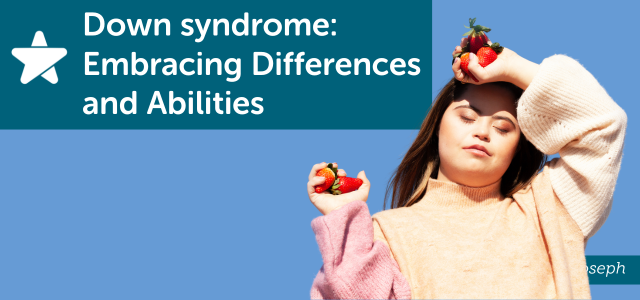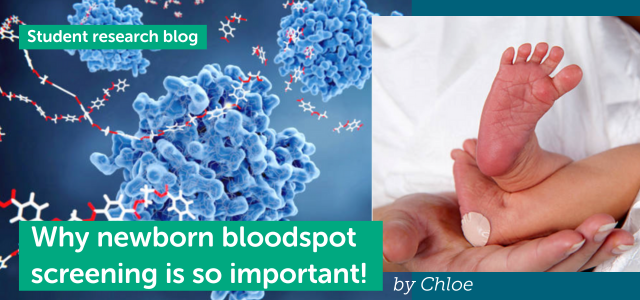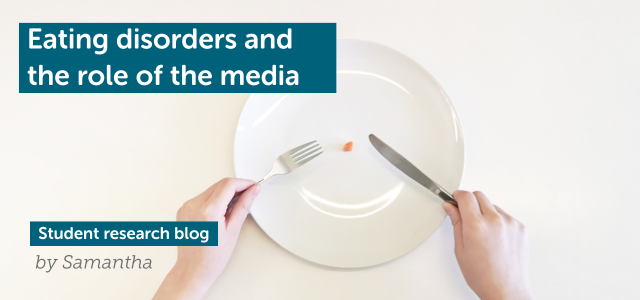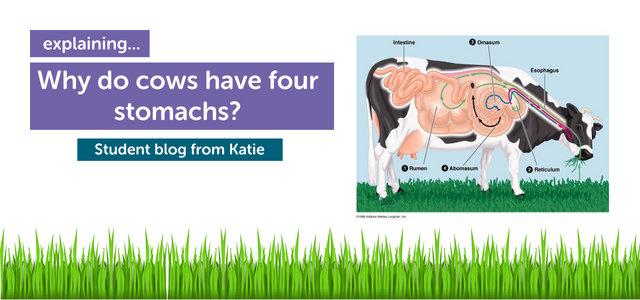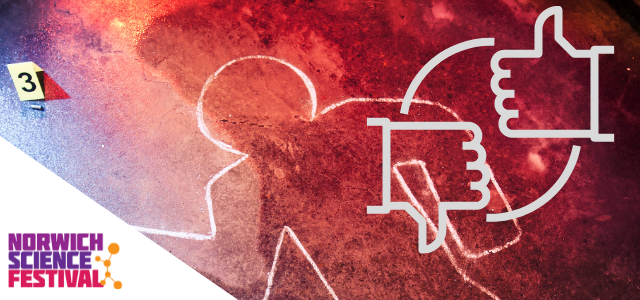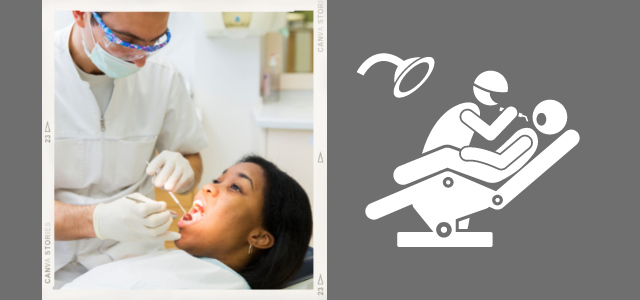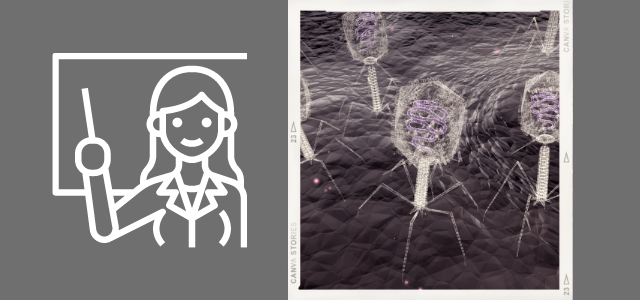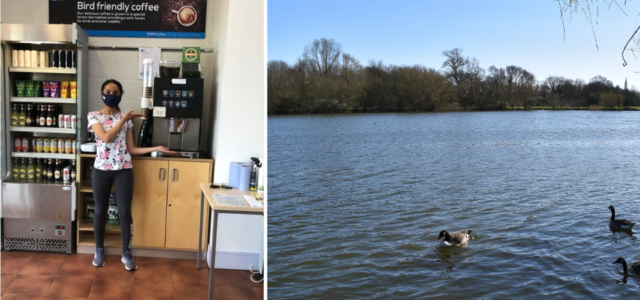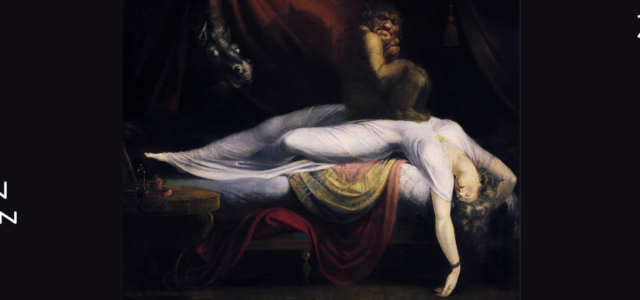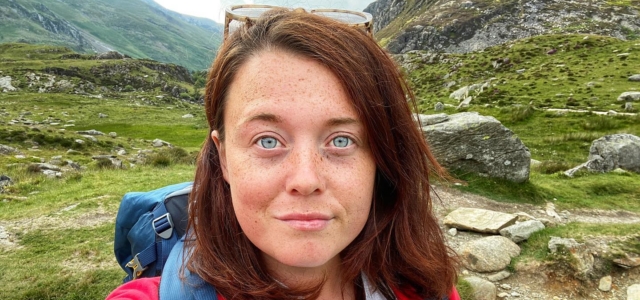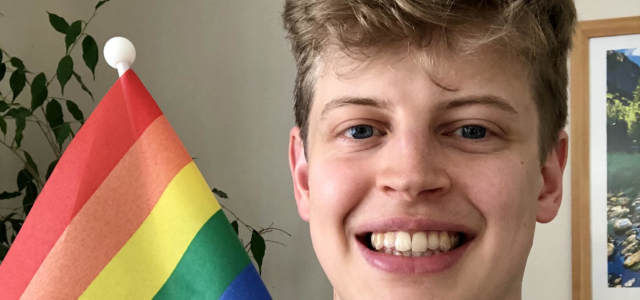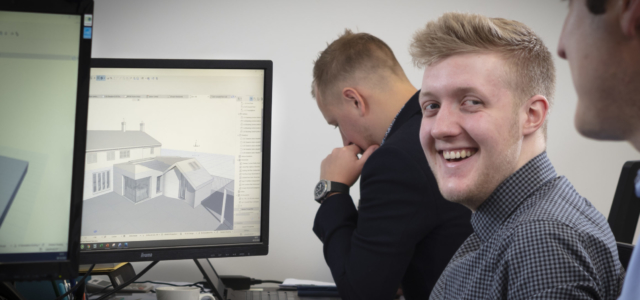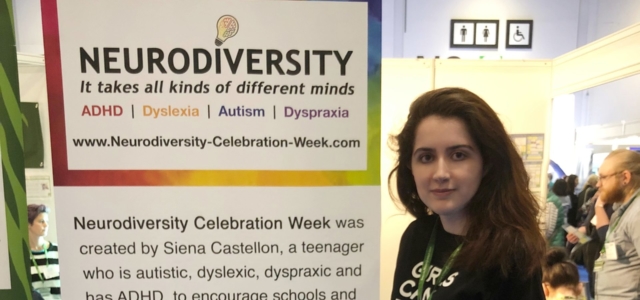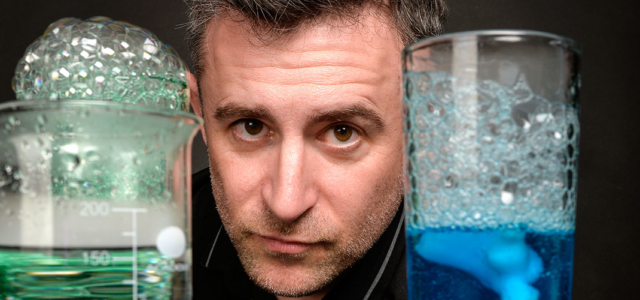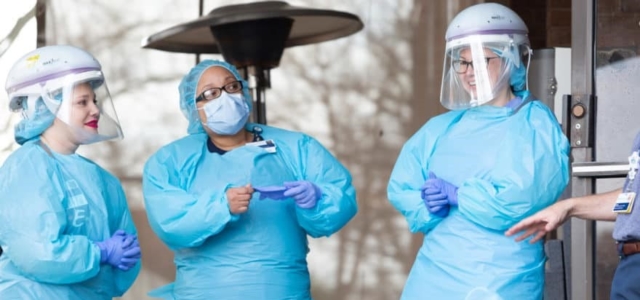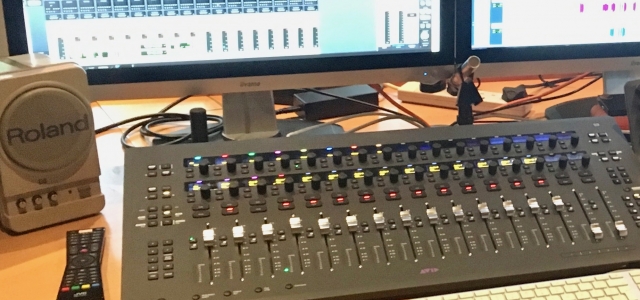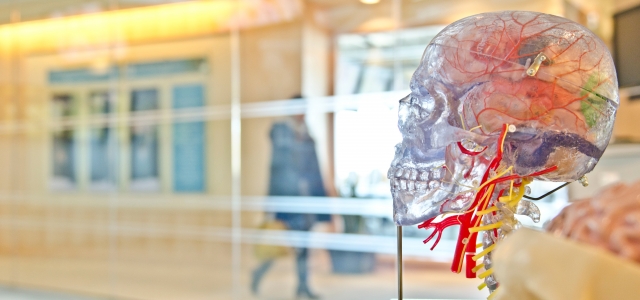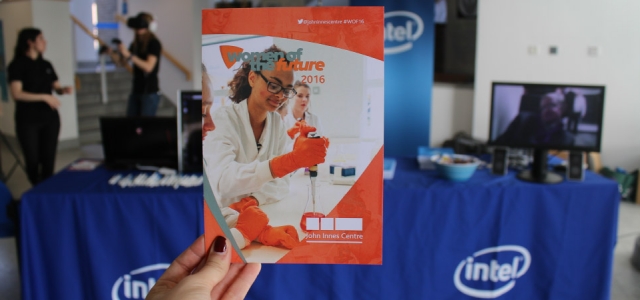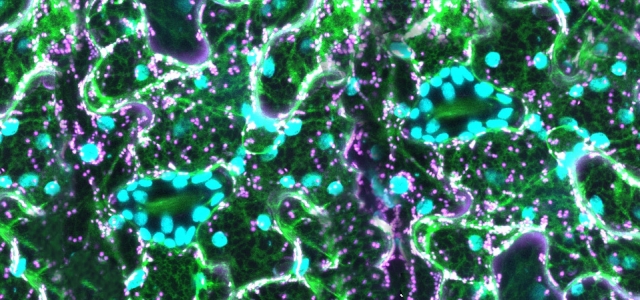One of our YSA participants recently won a competition exploring possible discrimination against BAME individuals in the NHS. Read their winning acceptance speech below.
Good Evening Everyone. I am Sanshika Bhardwaj and I am currently in S5 and based in Scotland. A huge thank you to the VMS committee for this amazing opportunity and brilliant meetings. Today I will be going over whether the NHS consciously or subconsciously discriminates against Black and Ethnic Minorities. During this current climate, it is imperative that all voices are heard and the gap of discrimination which is currently widening, is stopped and ways are taken to prevent this gap from further widening.
First I will give a rough understanding of the NHS and BAME in collaboration. A public health service, such as the NHS holds immense responsibility and trust each time an individual walks through the hospital doors. Many guidelines and ethics need to be followed to ensure that everyone is treated fairly. However, despite rigorous guidelines and vast training, discrimination prevails which cannot be eradicated with solely the precautions that are being taken currently. As healthcare professionals, healthcare staff and doctors are required to remain unbiased and remain non-judgemental towards the patient. However sometimes subconsciously or consciously, discriminative and biased behaviours may be put forth into the patient’s diagnosis, treatment and prognosis ( and this is just viewing effects on a patient from a medical perspective.) We all have discriminative thoughts within us due to societal upbringing however now it is important to understand that revolution may be occurring but along with that, our thoughts must also revolutionise.
Now I will be covering how the NHS may subconsciously discriminate against patients from a BAME background. As I have mentioned previously, we all have some sort of discriminative thoughts that reiterate the need for change in societal thoughts. Everyone has subconscious discrimination no matter the professional pathway they follow. Although a career in medicine dentistry and veterinary, an important skill that is taught is to remain non-judgemental and treat each patient the same. However, despite such skills development, not all subconscious thought which is based on discrimination is eradicated. One critically appraised paper shows that in the Accident and Emergency department, 8 out of 10 healthcare professionals prefer treating white patients. It is also concluded that the “white” patients diagnosis in A and E are identified more quickly compared to BAME groups. This includes problems such as myocardial infarctions. Another study shows that patients from BAME backgrounds are 30% less likely to receive medication for the pain and are 17% less likely to receive narcotics for pain. Upon further investigation, it is revealed that doctors that may be subconsciously biased, they try avoiding the patient, less eye contact, poor patient-doctor rapport, shorter communications and slower follow up. The statistics have been sought from critically appraised research papers and convey the upsetting results.
An even more important and horrifying area is NHS consciously discriminating against BAME patients. Despite the training, ethics and guidelines, some healthcare professionals still allow their own stereotypical and underdeveloped personal thoughts to come in the way of professional practice. In a sensitive atmosphere such as healthcare, all would hope that discrimination does not occur consciously. Patients would detest this as they put forth their identity during each hospital visit. As doctors, we should be giving our patients the best possible care and utmost dignity and respect regardless of their background. Patients should be able to trust doctors however due to conscious discrimination against BAME may cause this rapport to be destroyed, having detrimental effects on the patient’s hospital experience and potentially their health. Despite skills development and training, some healthcare professionals may still have discriminative thoughts against BAME and this may be due to the way they have been brought up and the atmosphere they have been brought up in. However, despite this, it is critical for healthcare professionals to remember that despite their own personal thoughts, when treating a patient, their lives are handed to your hands and it is up to them to ensure that the best possible treatment is given without the doctors own views interfering.
The next point I will be moving onto is NHS and subconscious discrimination against coworkers. Small gestures can have massive impacts on an individuals health and having to face this on a daily basis is even more detrimental towards the individual’s wellbeing. discrimination against BAME backgrounds is not only endured by patients but is something NHS staff also face and are tired of. This can have effects on the staff such as inclusion and exclusion in groups, bullying and gossip. Favouritism of other co-workers, lower career progression. This can give immensely worrying effects on the staff member’s career progression and wellbeing. Even subtle comments from other co-workers that may not be intended can have a massive impact on the individual and this is something that needs to be removed from the root. This reiterates the importance of such global movements and regular teaching to remove these inbuilt viruses from everyone’s minds to promote diversity and opportunities.
Another important and unfortunately true discriminative stance is conscious discrimination against Co-workers. Despite changes trying to be made at a subconscious level, it is important to change individual stance on a conscious level in order to make progress. Unfortunately, conscious discrimination against co-workers also exists. A critically appraised paper from BMJ shows that BAME staff face a higher percentage of bullying compared to white staff. NHS staff are 3 times less likely to secure a job in the hospital compared to white staff. The BAME background is identified by the name on their CV and from just the identification of their name, are less likely to secure the place for a job. It has also been identified that there are over 40 % staff of the NHS are from BAME backgrounds however this number is heavily underrepresented when it comes to leadership roles in the NHS
This type of behaviour can have devastating effects on the individual, NHS wider community and patients as this behaviour is reflected and should not be ignored so it is imperative that actions are taken to improve this current situation.
With all the facts and figures ahead, it is now important to think about the bigger picture and decide on what the action plan is to stop this gap from accelerating in opposite directions but to come together to make opportunities more diverse and fair for all. From an individual basis, there are small actions that can be taken by all healthcare staff in the NHS and elsewhere which are: – for all individuals to identify their biases and focus on changing behaviour, improve rapport skills, to stop making assumptions based on stereotypes and try learning more about different diversities which will improve knowledge and behaviour. From a wider community basis, more funding into further educating staff on BAME backgrounds and equality is required. Also having incentives for inclusion of all will result in the higher career progression of individuals from BAME backgrounds. It is important to remember that revolution is continually occurring but it is up to us to push this revolution in the right direction.


























